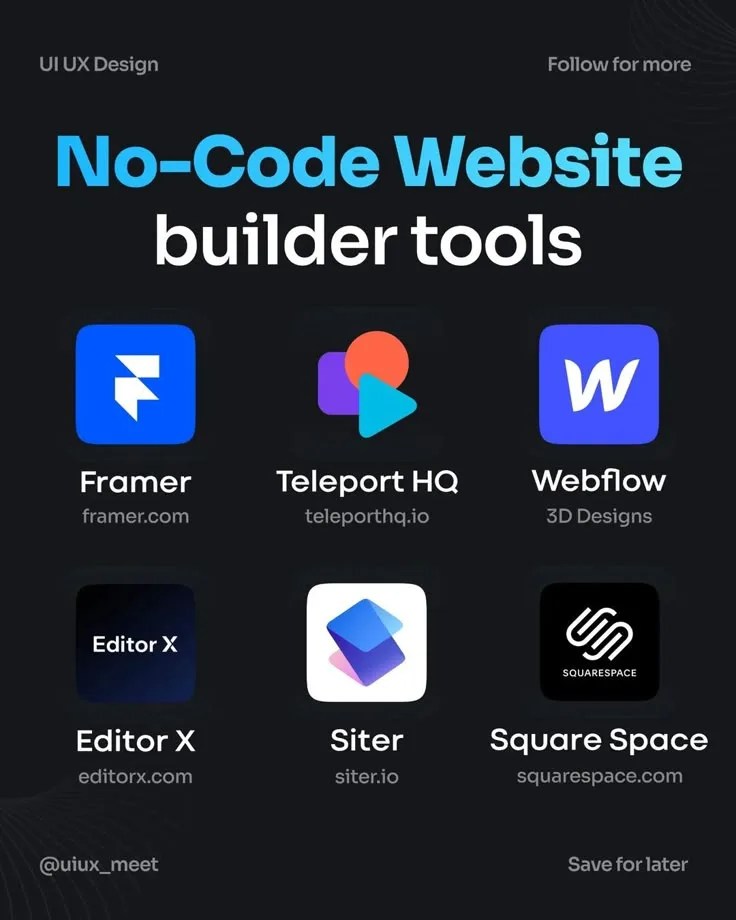With digital experiences becoming more user-centered than ever, UX/UI designers are in high demand across startups, SaaS companies, e-commerce platforms, and enterprise teams. But landing the role requires more than a pretty prototype—it takes storytelling, strategy, and a deep understanding of how users behave.
In this guide, we’ll show you how to prepare for a UX/UI design interview in 2025, covering everything from your portfolio and process thinking to behavioral questions and the tools interviewers expect you to know.
Table of Contents
- 🎯 Understand the Role: UX vs. UI in Practice
- 🧠 What Interviewers Look For in 2025
- 📁 Build a Portfolio That Does the Talking
- 📣 Prep for the Common Interview Questions
- 🛠 Tools UX/UI Designers Should Know in 2025
- 💼 Companies Hiring UX/UI Designers in 2025
- 🧠 Final Tips for Nailing the UX/UI Interview
- 🔚 Summary: Prepare With Purpose
🎯 Understand the Role: UX vs. UI in Practice
Though often bundled together, UX and UI are distinct:
- UX (User Experience): Focuses on user journeys, research, usability, and flows.
- UI (User Interface): Focuses on visual design, typography, colors, and layout.
In 2025, most hiring teams want hybrid designers who can move from Figma wireframes to clickable prototypes, while thinking through the user’s intent and behavior.

🧠 What Interviewers Look For in 2025
To succeed in a UX/UI design interview, hiring managers are evaluating more than just screens. They’re assessing:
- How you approach problem-solving
- Whether you empathize with users
- Your ability to communicate design decisions
- How well you collaborate with developers and PMs
- Mastery of modern design tools like Figma, Framer, and Adobe XD
📁 Build a Portfolio That Does the Talking
A good portfolio is non-negotiable. In 2025, top candidates are building theirs on Notion, Framer, or custom domains. Here’s what it must include:
1. Case Studies Over Screenshots
Recruiters want to know your thought process. Include:
- The problem statement
- Your design process (research, ideation, testing)
- Final mockups or prototypes
- Measurable results (conversion increase, reduced churn, etc.)

2. Show Variety and Depth
Include different industries or product types:
- A dashboard UI for a SaaS product
- A mobile-first e-commerce redesign
- A UX revamp for a non-profit or accessibility case
3. Live Prototypes and Linkable Files
Use tools like Figma, Framer, or Webflow for interactive projects. Showcase how you go from wireframe to final polish.

📣 Prep for the Common Interview Questions
UX/UI design interviews often include these categories:
🔹 Behavioral Questions
- “Tell us about a time you designed for accessibility.”
- “How do you handle feedback from engineers or stakeholders?”
- “What’s your biggest UX design failure and what did you learn?”
🔹 Technical & Process Questions
- “Walk us through your research process.”
- “How do you know when a design is ‘done’?”
- “How do you test for usability?”
🔹 Whiteboard or Take-Home Challenges
You might be asked to:
- Redesign a simple app flow (e.g., booking a hotel)
- Solve a UX issue live with interviewers watching
- Present a redesign of a known app like Spotify or Amazon
Use the Double Diamond model (Discover → Define → Develop → Deliver) to structure your answers.

🛠 Tools UX/UI Designers Should Know in 2025
Being fluent in modern design tools shows you’re ready for real-world challenges. Must-haves include:
| Tool | Purpose |
|---|---|
| Figma | UI design, prototyping, design systems |
| Framer | High-fidelity prototyping with interactivity |
| Adobe XD | Visual UI layout, used in many enterprises |
| Maze or Lookback | Usability testing and remote research |
| Notion or Miro | Collaboration and user journey mapping |

💼 Companies Hiring UX/UI Designers in 2025
Demand is booming in healthtech, fintech, edtech, SaaS, and social platforms.
Top Employers:
And don’t ignore startups. Sites like Wellfound, Otta, and LinkedIn often have high-growth UX/UI roles listed daily.
🧠 Final Tips for Nailing the UX/UI Interview
- Think aloud. Don’t just sketch—explain your logic.
- Be user-obsessed. Always root decisions in research or data.
- Talk metrics. If your design improved conversions, say so.
- Practice your pitch. Rehearse your case study presentation before the real deal.
- Ask questions. Show curiosity about team processes, users, and collaboration.

🔚 Summary: Prepare With Purpose
Getting hired as a UX/UI designer in 2025 means mastering the trifecta of strategy, execution, and storytelling. It’s not just about the pixels—it’s about proving you can improve the user’s experience with clarity and intention.
Invest in your portfolio, practice your process articulation, and approach interviews like a design challenge. That’s how you move from applicant to hired.



